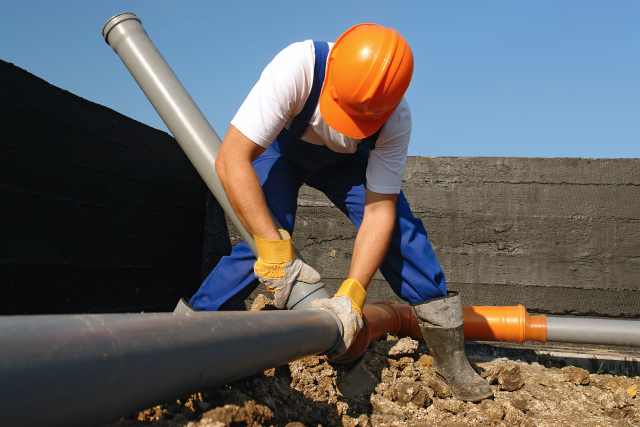20 Sep How To Balance pH Levels In Hydroponics For Plant Growth
Balancing the pH levels in your hydroponic system is like finding the perfect recipe for a delicious dish – it’s essential yet often overlooked. Many hydroponic gardeners focus on selecting the right plants or nutrients, but the importance of maintaining optimal pH levels is sometimes forgotten. However, getting the pH right is just as crucial as choosing which plants to grow in your hydroponic farm. Without the proper pH balance, even the best plants and nutrients won’t perform to their full potential, leading to disappointing yields and less-than-healthy plants. Balancing pH is about creating the ideal environment for your plants to...



